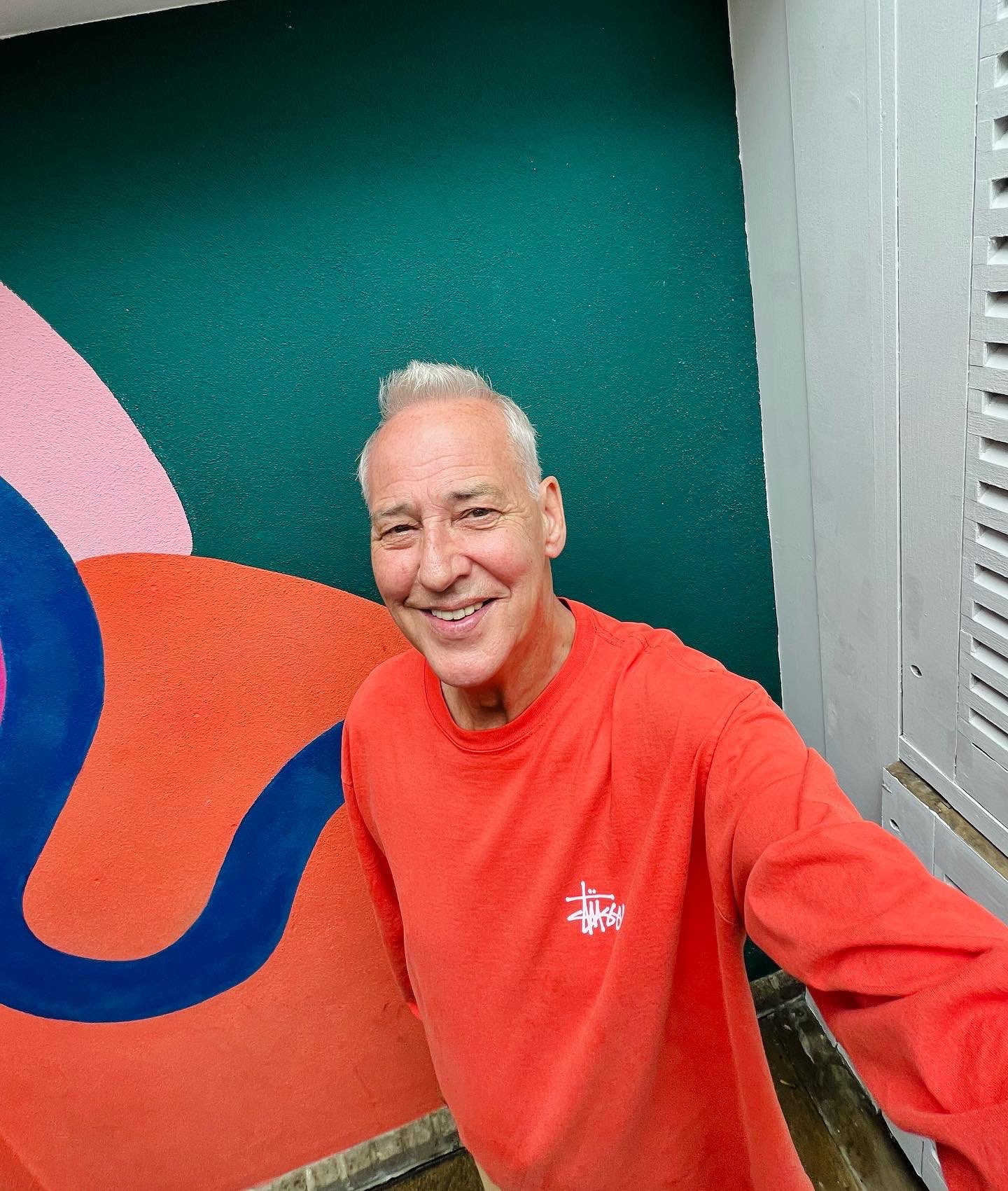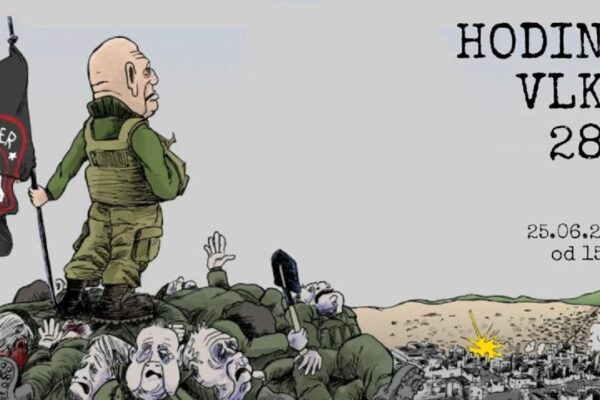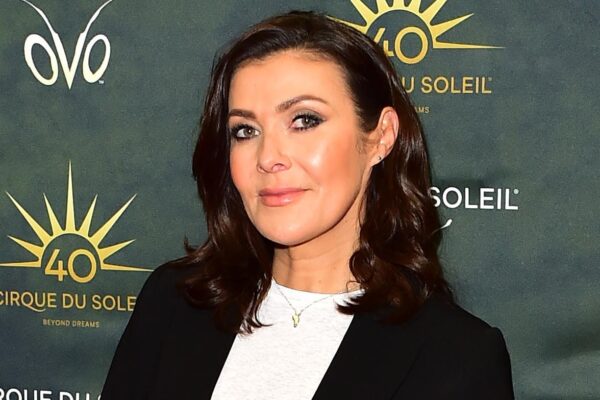The Rise and Fall of Michael Barrymore in British Entertainment

Introduction
Michael Barrymore, a prominent figure in British television, rose to fame in the 1990s with his unique brand of entertainment. Known for his charisma and comedic skills, Barrymore was a household name, renowned for his interactive shows and stand-up performances. However, his career has been marked by both significant highs and profound lows, particularly due to a series of controversies that have shaped public perceptions of the star. Understanding the trajectory of Barrymore’s career not only reflects the volatile nature of fame but also highlights the evolving landscape of British media.
Career Highlights
Barrymore started his career in comedy clubs during the 1980s, gradually transitioning to mainstream television. His groundbreaking show, ‘Barrymore,’ which aired from 1991 to 1997, won multiple awards and captivated millions of viewers. The show’s vibrant mix of comedy, celebrity interviews, and audience participation set the tone for entertainment in that era.
Despite his successes, Barrymore faced a dramatic fall from grace in the early 2000s when a tragic event involving the death of a man at a party hosted at his home led to an extensive media frenzy. Following the incident, which was highly publicised, Barrymore’s career began to decline, and he faced numerous personal challenges including battles with addiction and mental health issues.
Recent Developments
In recent years, Barrymore has sought to rebuild his public image. In 2020, he made headlines again after announcing his intention to return to television. His participation as a contestant on ‘The Big Narstie Show’ and his appearance on revival specials have drawn mixed reactions from fans and critics alike. Furthermore, a documentary exploring his life and the controversies surrounding him sparked renewed interest in his story and provided a platform for Barrymore to share his perspective on past events.
Conclusion
The narrative of Michael Barrymore serves as a poignant reminder of the impermanence of fame and the harsh scrutiny faced by public figures. As he continues to navigate his personal and professional life, the future remains uncertain. While many are keen to see a potential comeback for Barrymore, others remain sceptical due to the shadows cast by his past. Regardless, his story resonates as a broader commentary on resilience and the complexities of human experiences, making it a significant point of discussion in contemporary British media.
You may also like

The Vital Role of Live Shows in Modern Entertainment

Everything You Need to Know About ITV2

Kym Marsh: A Journey Through Entertainment and Achievement
SEARCH
LAST NEWS
- Remembering Wendy Richard: The Promise to Co-Star Natalie Cassidy
- How Did Anglian Water Achieve an ‘Essentials’ Rating for Mental Health Accessibility?
- Shai Hope Leads West Indies in T20 World Cup Clash Against South Africa
- What We Know About Weston McKennie: Future at Juventus and Past at Leeds
- What We Know About the Upcoming Live Nation Antitrust Trial